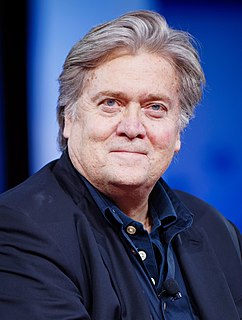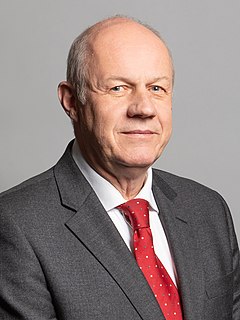A Quote by Justin Trudeau
I know that a prime minister of Canada needs to be deeply respectful of the other levels of government - whether it be municipal, provincial, or even nation-to-nation relationships with aboriginal governments.
Related Quotes
The most important thing the federal government can do is actually sit down with municipal leaders and provincial premiers to talk about the challenges they're facing in their particular areas. That's something I've committed to being a much better partner on than this current government, which doesn't like to talk to other levels of government.
I was a very senior minister in the Howard government and I sat around this particular table [in the prime ministerial office] in many discussions. The difference between being a senior minister and the prime minister is that ultimately the buck does stop with the prime minister and in the end the prime minister has to make those critical judgement calls and that's the big difference.
Whether you're a populist; whether you're a limited government conservative; whether you're libertarian; whether you're an economic nationalist - we have wide and sometimes divergent opinions. The center core of what we believe, that America is a nation with an economy, not an economy just in some global marketplace with open borders, but we are a nation with a culture and a reason for being.
There are some issues where ministers should come and talk to the prime minister, if the prime minister hasn't already talked to them. Any issue which a minister thinks is going to be profoundly controversial, where we do not have a clear existing position, it is important that there be a conversation between the minister and the prime minister. I think they all understand that and I think it is working very well.





























